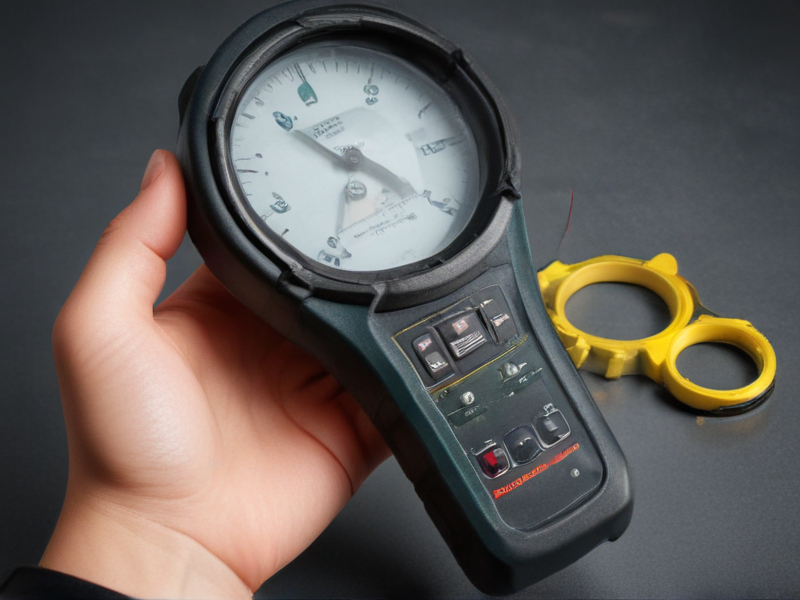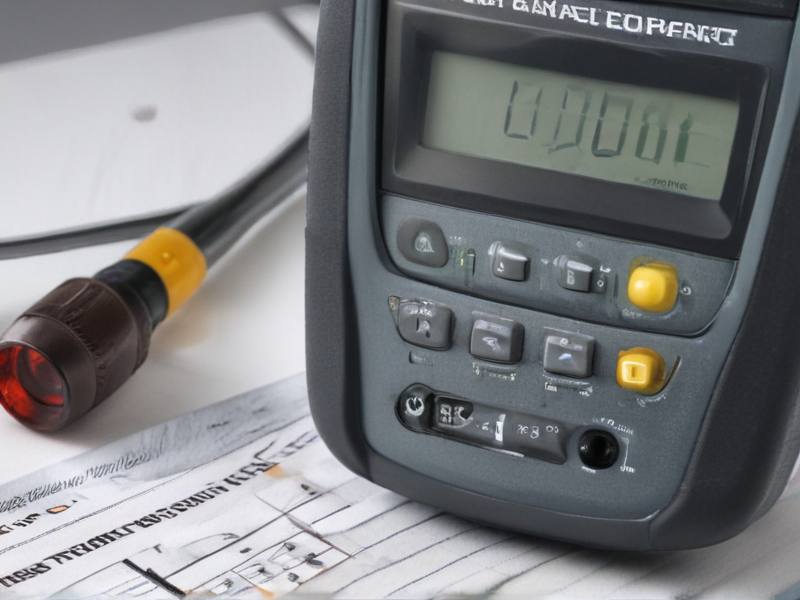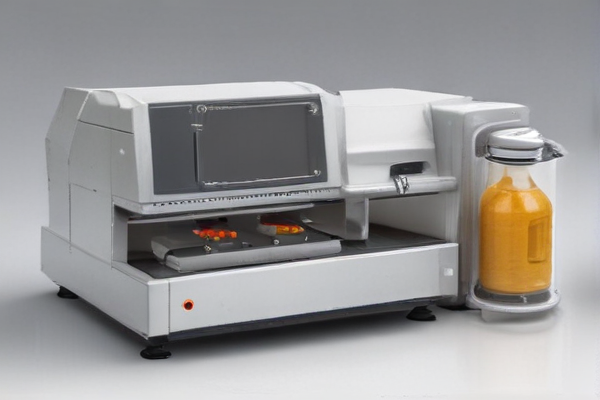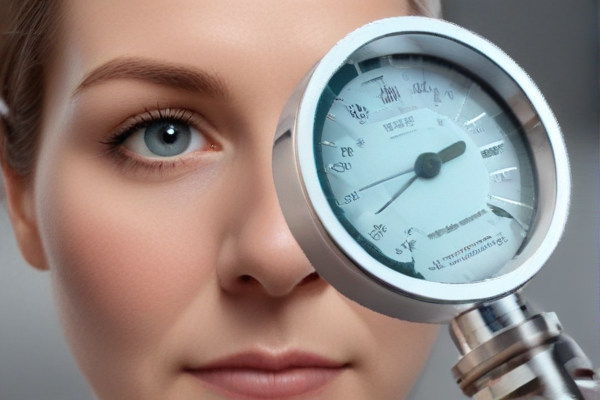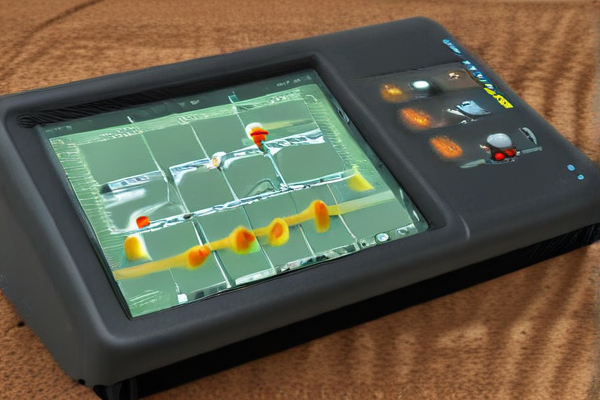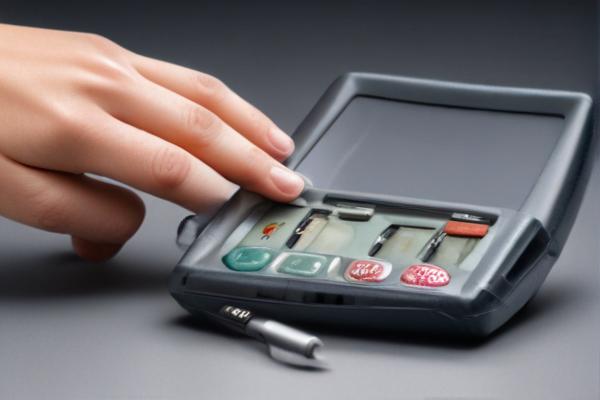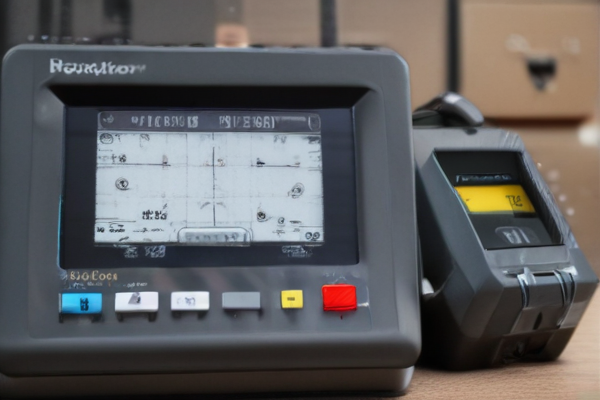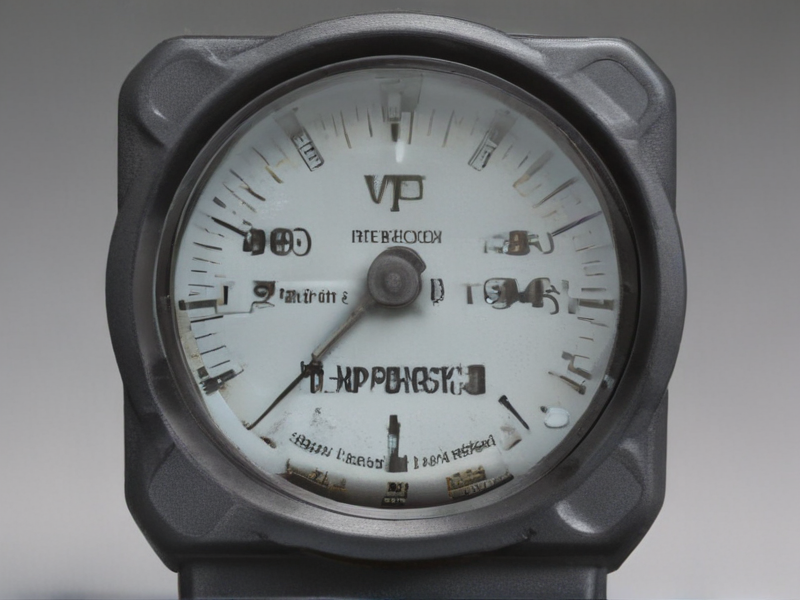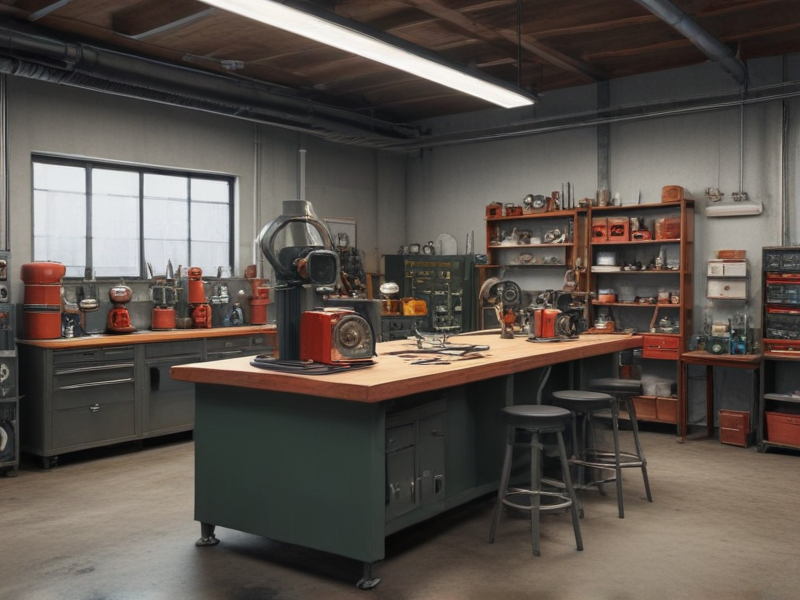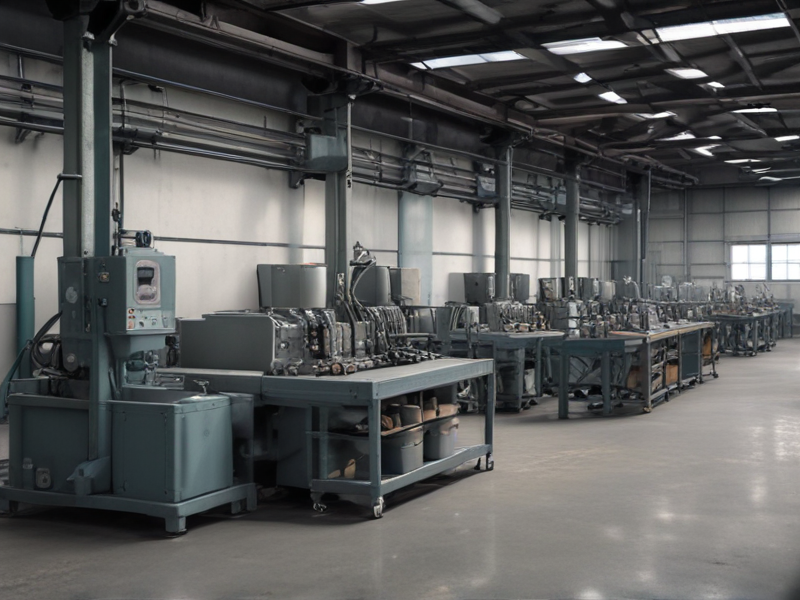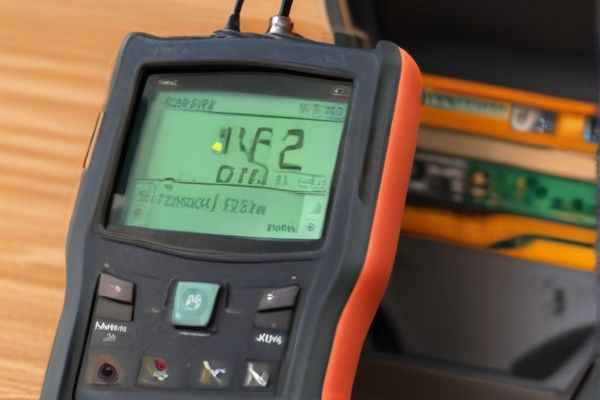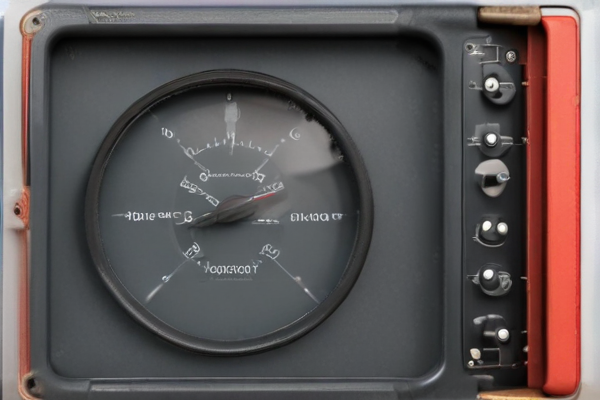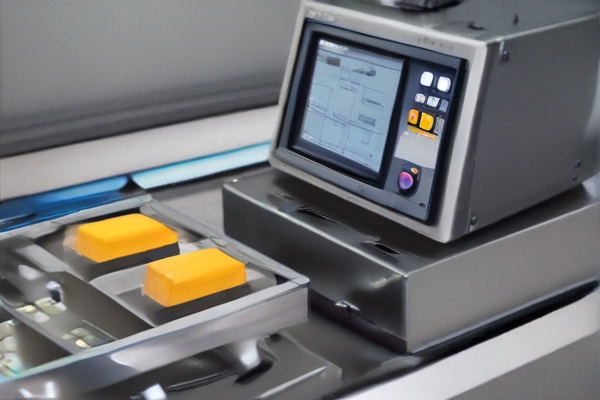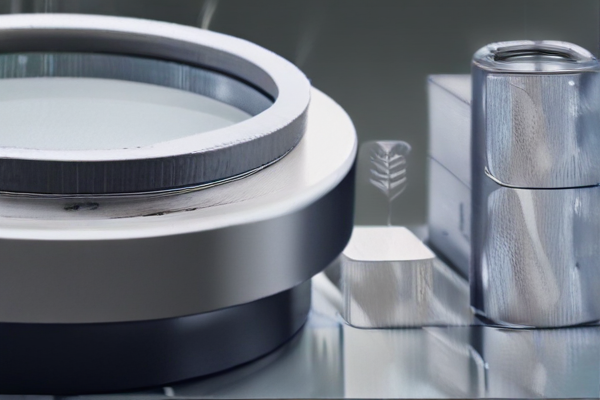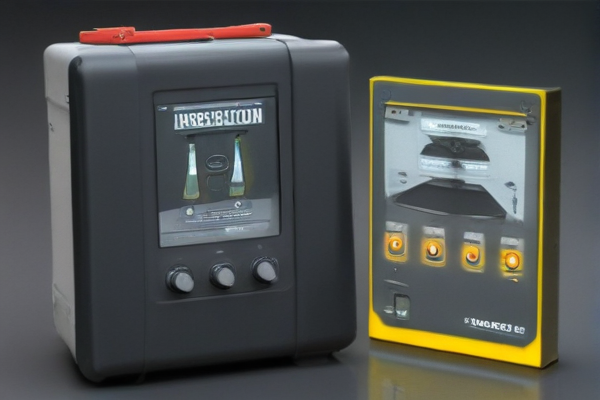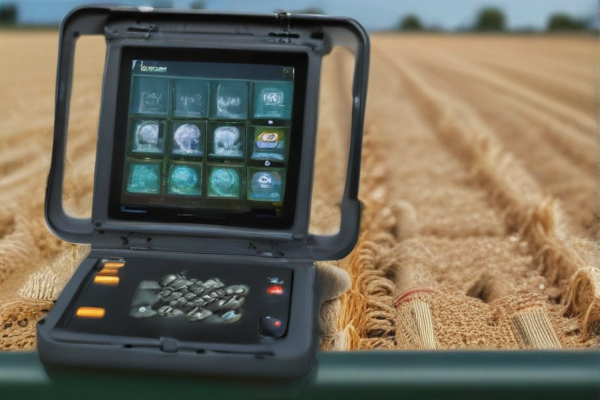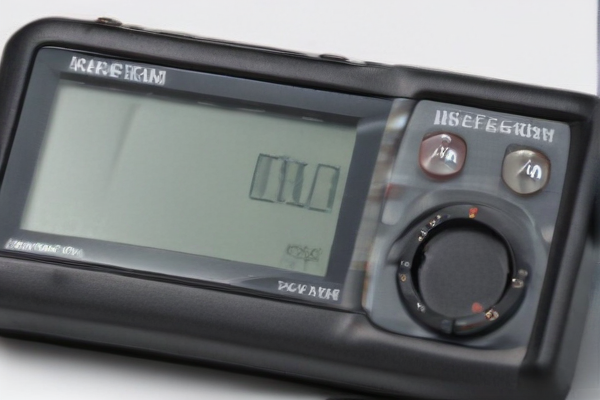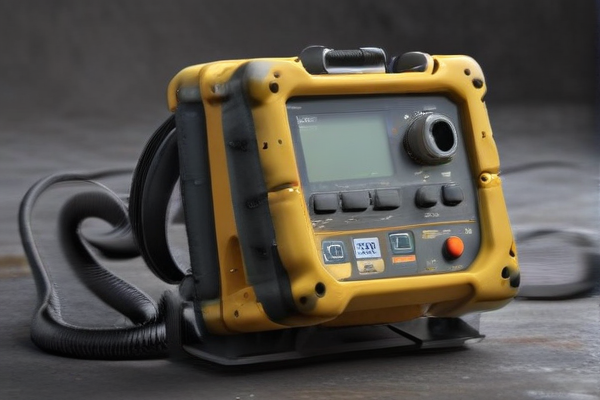-
- Packaging Equipment
- Bottling And Capping Machine
- Capping Machine
- Carton Packaging Machine
- Case Packing Machine
- Bagging Machine
- Bag Packing Machine
- Bag Filling Equipment
- Bag Handling Equipment
- Bag Labeling Machine
- Automated Bagging Machine
- Weighing And Bagging Machine
- Vertical Bagging Machine
- Seed Bagging Machine
- Bulk Bagging Machine
- Stand Up Bag Machine
- Vertical Bagging Equipment
- Poly Bag Packing Machine
- Drip Coffee Bag Packing Machine
- Weighing Packaging Machine
- Product Filling Machine
- Bottle Capping Machine
- High Speed Capping Machine
- Nasal Spray Filling Machine
- Filling And Capping Machine
- Weighing And Filling Machine
- Weigh Filling Equipment
- Net Weigh Filler Machine
- Pre Roll Filling Machine
- Form Fill Seal Machine
- Tray Filling Machine
- Spice Filling Machine
- Rotary Filling Machine
- Horizontal Form Fill And Seal Machine
- Container Filling Machine
- Container Filling Machines
- Counting And Filling Machine
- Cup Filling Equipment
- Cup Filling Machine
- Filling And Sealing Machine
- High Speed Filling Machine
- Sealing Machine
- Vacuum Packaging Machines
- Vertical Packaging Machine
- Tray Packaging Machine
- Food Packaging Machine
- Meat Poultry Packaging Machines
- Cheese Packaging Machines
- Powder Packing Machine
- Food Packaging Machinery
- Food Packaging Equipment
- Frozen Food Packaging Machines
- Bulk Food Packaging Machine
- Candy Packaging Machine
- Coffee Packaging Equipment
- Snack Food Packaging Machinery
- Cannabis Packaging Machines
- Vegetable Packaging Machines
- Ice Cream Packaging Machine
- Pasta Packing Machine
- Sugar Packing Machine
- Chips Packing Machine
- Pet Food Packaging Machines
- Fruit Vegetable Packaging Machines
- Rice Packing Machine
- Salt Packing Machine
- Seeds Packing Machine
- Snack Packaging Machine
- Pouch Packaging Machine
- Container Packaging Machine
- Flow Pack Machine
- Primary Packaging Machines
- Specialized Packaging Machines
- Post Printing Machines
- Shrink Wrapping Machine
- Tube Packaging Machine
- High Speed Wrapping Machine
- Box Forming Machine
- Secondary Packaging Machine
- Automation
- Automatic Packaging Equipment
- Packaging Label Machine
- Packaging Machinery
- Palletizer System
- Self Service Equipment
- Visual Inspection Equipment
- Inspection Equipment
- Optical Counting Machine
- Depositing Equipment
- Depositor Machine
- Front And Back Labeling Machine
- Auxiliary Packaging Equipment
- Canada Packaging Machines
- Products List
- Industries Application
- Nutraceutical Pharmaceutical Packaging Machines
- Biomass Industry Packing Machine
- Fertilizer Packaging
- Candy Packaging Machines
- Cannabis Packaging Machines
- Flour Packing Machine
- Chemical Packaging Machine
- Powder Packaging Machines
- Bakery Packaging Machines
- Beauty Cosmetic Packaging Machines
- Granola Packaging Machine
- Food Packaging Machine
- Coffee Packaging Machines
- Candy Packaging Machines
- Cannabis Packaging Equipment
- Vegetable Packaging Machine
- Coffee Packaging Machine
- Mushroom Packaging Machine
- Cookie Packaging Machine
- Meat Poultry Packaging Machines
- Pet Food Packaging Machines
- Snack Packaging Machine
- Granule Packing Machine
- Seafood Packaging Machine
- Fast Food Packaging Machine
- Ice Cream Packaging Machine
- Sugar Packing Machine
- Salt Packing Machine
- Rice Packing Machine
- Cheese Packaging Machines
- Alcohol Filling Machine
- Chemical Packaging Machine
- Hardware Packaging Machine
- Fastener Packaging Machine
- Blog
- Contact
- Newsletter
- Whatsapp 8615951276160
- Packaging Equipment
- Bottling And Capping Machine
- Capping Machine
- Carton Packaging Machine
- Case Packing Machine
- Bagging Machine
- Bag Packing Machine
- Bag Filling Equipment
- Bag Handling Equipment
- Bag Labeling Machine
- Automated Bagging Machine
- Weighing And Bagging Machine
- Vertical Bagging Machine
- Seed Bagging Machine
- Bulk Bagging Machine
- Stand Up Bag Machine
- Vertical Bagging Equipment
- Poly Bag Packing Machine
- Drip Coffee Bag Packing Machine
- Weighing Packaging Machine
- Product Filling Machine
- Bottle Capping Machine
- High Speed Capping Machine
- Nasal Spray Filling Machine
- Filling And Capping Machine
- Weighing And Filling Machine
- Weigh Filling Equipment
- Net Weigh Filler Machine
- Pre Roll Filling Machine
- Form Fill Seal Machine
- Tray Filling Machine
- Spice Filling Machine
- Rotary Filling Machine
- Horizontal Form Fill And Seal Machine
- Container Filling Machine
- Container Filling Machines
- Counting And Filling Machine
- Cup Filling Equipment
- Cup Filling Machine
- Filling And Sealing Machine
- High Speed Filling Machine
- Sealing Machine
- Vacuum Packaging Machines
- Vertical Packaging Machine
- Tray Packaging Machine
- Food Packaging Machine
- Meat Poultry Packaging Machines
- Cheese Packaging Machines
- Powder Packing Machine
- Food Packaging Machinery
- Food Packaging Equipment
- Frozen Food Packaging Machines
- Bulk Food Packaging Machine
- Candy Packaging Machine
- Coffee Packaging Equipment
- Snack Food Packaging Machinery
- Cannabis Packaging Machines
- Vegetable Packaging Machines
- Ice Cream Packaging Machine
- Pasta Packing Machine
- Sugar Packing Machine
- Chips Packing Machine
- Pet Food Packaging Machines
- Fruit Vegetable Packaging Machines
- Rice Packing Machine
- Salt Packing Machine
- Seeds Packing Machine
- Snack Packaging Machine
- Pouch Packaging Machine
- Container Packaging Machine
- Flow Pack Machine
- Primary Packaging Machines
- Specialized Packaging Machines
- Post Printing Machines
- Shrink Wrapping Machine
- Tube Packaging Machine
- High Speed Wrapping Machine
- Box Forming Machine
- Secondary Packaging Machine
- Automation
- Automatic Packaging Equipment
- Packaging Label Machine
- Packaging Machinery
- Palletizer System
- Self Service Equipment
- Visual Inspection Equipment
- Inspection Equipment
- Optical Counting Machine
- Depositing Equipment
- Depositor Machine
- Front And Back Labeling Machine
- Auxiliary Packaging Equipment
- Canada Packaging Machines
- Products List
- Industries Application
- Nutraceutical Pharmaceutical Packaging Machines
- Biomass Industry Packing Machine
- Fertilizer Packaging
- Candy Packaging Machines
- Cannabis Packaging Machines
- Flour Packing Machine
- Chemical Packaging Machine
- Powder Packaging Machines
- Bakery Packaging Machines
- Beauty Cosmetic Packaging Machines
- Granola Packaging Machine
- Food Packaging Machine
- Coffee Packaging Machines
- Candy Packaging Machines
- Cannabis Packaging Equipment
- Vegetable Packaging Machine
- Coffee Packaging Machine
- Mushroom Packaging Machine
- Cookie Packaging Machine
- Meat Poultry Packaging Machines
- Pet Food Packaging Machines
- Snack Packaging Machine
- Granule Packing Machine
- Seafood Packaging Machine
- Fast Food Packaging Machine
- Ice Cream Packaging Machine
- Sugar Packing Machine
- Salt Packing Machine
- Rice Packing Machine
- Cheese Packaging Machines
- Alcohol Filling Machine
- Chemical Packaging Machine
- Hardware Packaging Machine
- Fastener Packaging Machine
- Blog
- Contact

